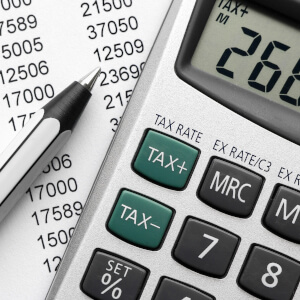Property tax debate intensifies following federal budget

Opposition leader Bill Shorten last night delivered his official budget reply speech, detailing the Labor Party’s plans to address housing affordability.
“Building a stronger budget demands an honest look at housing affordability, and tax subsidies such as negative gearing and capital gains that make the problem worse,” he said.
“These two measures will cost the budget more than $10 billion this year. They are not tax breaks for battlers. Half of all the benefit goes to the top 10 per cent of income earners.
“This is not sustainable, and it’s not fair. Instead, we will redirect investment into new housing after 1 July next year, saving the budget $32 billion dollars over the decade.”
However, Property Council of Australia CEO Ken Morrison has slammed Labor’s proposal to substantially increase property taxes in a bid to ease the housing affordability strain.
“We refute the idea that placing $32 billion in additional taxes on property through changes to negative gearing and capital gains tax arrangements will lead to an improvement in housing affordability. It won’t,” he said.
“Housing affordability is a huge issue in Australia. Housing affordability needs to change, but it won’t change if you prescribe the wrong solution.
“The way to tackle housing affordability is to deal with the weaknesses in supply and to undertake meaningful reform of state taxes.”
Mr Morrison said Australian citizens are crying out for the government to address housing supply imbalances and to reform state property taxes, with stamp duty at the forefront.
Late last month, Mr Morrison issued a response to the proposed abolishment of stamp duty, saying that it is “an inefficient tax that costs jobs, hurts the economy, makes our cities less efficient, and is an unpredictable tax base for state governments”.
“One of the consequences of stamp duty is that it makes moving costs inordinately high. Families and couples hold on to homes long after they have outgrown them, or long after the children have left.
“Scrapping stamp duty will result in an acceleration of housing turnover – with the current average of 13 years falling to eight years.”
A CoreLogic RP Data analysis of the latest ABS report into government taxation for the 2014-15 financial year showed 50.6 per cent of taxation revenue was from property.
“While total tax revenue increased 7.0 per cent over the year, property tax revenue increased by 10.5 per cent, highlighting that property taxes are the largest source of taxation revenue for state and local governments and are rising at a rapid pace,” CoreLogic RP Data research analyst Cameron Kusher said.
“Interestingly, since the 1999-00 financial year, total state and local government taxation revenue has increased by 103 per cent compared to a 150 per cent increase in property taxation.
“Again, this highlights the importance of property taxes for these two levels of government.”
